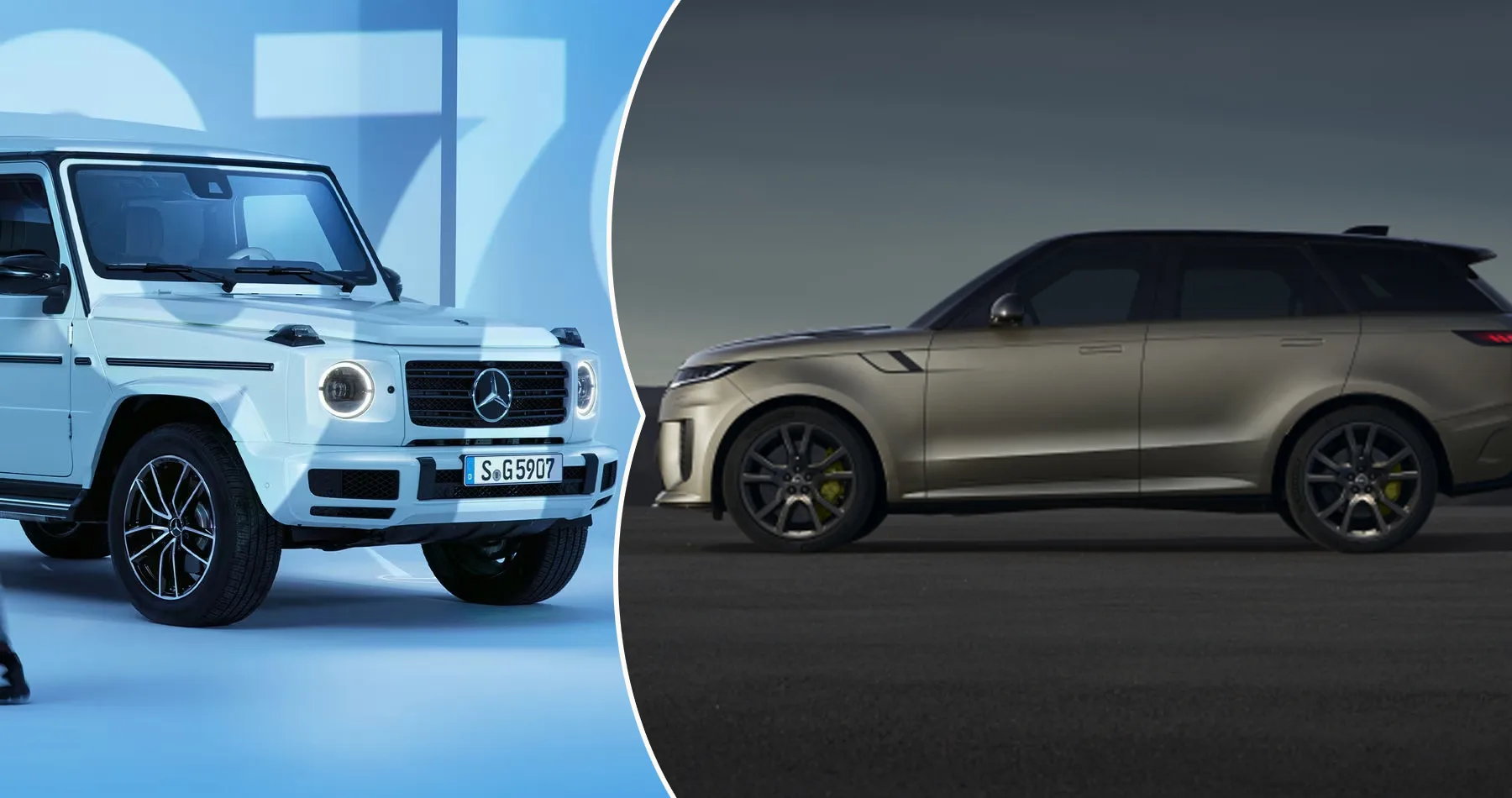The automotive industry is dynamic and competitive, where car manufacturers vie for market share and consumer loyalty. Assessing the value of a car brand involves a comprehensive analysis of factors such as innovation, reliability, market presence, and customer satisfaction. In this detailed exploration, we unveil the top 10 car brands in terms of value, shedding light on their unique strengths and contributions to the automotive world.
Top 10 car brands in terms of value
- Toyota
- Mercedes-Benz
- BMW
- Honda
- Tesla
- Ford
- Volkswagen
- Chevrolet
- Nissan
- Hyundai
Toyota
Toyota has consistently held a strong position as one of the most valuable car brands globally. Renowned for its commitment to quality, reliability, and fuel. Toyota caters to a diverse consumer base. The brand’s innovative hybrid technology, exemplified by the Prius, has contributed to its value and positioned Toyota as a leader in sustainable transportation. With a comprehensive, ranging from compact cars to robust SUVs and trucks, Toyota continues to set industry standards.
Mercedes-Benz
As a symbol of luxury and sophistication, Mercedes-Benz secures a prominent spot among the top car brands in terms of value. The brand’s emphasis on refined design, cutting-edge technology, and premium craftsmanship appeals to consumers seeking a combination of performance. Mercedes-Benz has consistently pushed the boundaries of automotive innovation, introducing features like the MBUX infotainment system and autonomous driving capabilities, further solidifying its position as a leader in the luxury segment.
BMW
Bayerische Motoren Werke (BMW) has etched its name as a premium car brand synonymous with precision engineering and driving pleasure. The brand’s sporty performance, luxurious interiors, and commitment to innovation make it a formidable player in the automotive market. BMW’s foray into electric and hybrid models adds another dimension to its value proposition, showcasing a dedication to staying at the forefront of technological advancements. From sporty coupes to versatile SUVs, BMW offers a range of vehicles.
Honda
Honda has carved a niche by offering reliable and practical vehicles on innovation. The Civic and Accord models, known for their fuel efficiency and affordability, have contributed significantly to Honda’s value. Honda’s commitment to quality and innovation extends to its exploration of the electric vehicle (EV) market, ensuring its relevance and long-term value in the ever-evolving automotive landscape.
Tesla
Tesla’s disruptive presence in the automotive industry cannot overstated. The brand’s relentless focus on electric vehicles (EVs) and renewable energy has redefined the future of transportation. Tesla’s Model S, Model 3, Model X, and Model Y have garnered widespread acclaim for their performance and cutting-edge technology. As a player in the transition to sustainable mobility, Tesla’s value lies in its innovative products and ability to shape the industry’s direction.
Ford
Ford, one of the oldest and most iconic American car brands, continues to hold its value through a rich history of innovation and resilience. From the legendary Ford Mustang to the best-selling Ford F-Series trucks, the brand offers a diverse lineup that caters to various consumer preferences. Ford’s commitment to staying ahead in automotive technology, evident in its ventures into electric and autonomous vehicles, ensures its continued relevance and value.
Volkswagen
Volkswagen, a German automotive giant, boasts a diverse range of vehicles that seamlessly blend performance, efficiency, and affordability. Volkswagen’s commitment to quality and innovation contributes to its competitive edge in the automotive industry.
Chevrolet
Chevrolet, part of the General Motors (GM) family, is deeply rooted in American automotive heritage. The brand’s extensive lineup, including trucks, SUVs, and sports cars, caters to a broad consumer base. Chevrolet’s emphasis on performance and innovation, exemplified by models like the Corvette and Silverado, reinforces its value and market presence, ensuring its continued relevance in the ever-evolving automotive landscape.
Nissan
The Japanese automaker has made a mark with a diverse lineup encompassing sedans, SUVs, and electric vehicles. The Nissan Leaf, an all-electric vehicle, played a pivotal role in establishing Nissan as a pioneer in the electric vehicle market. The brand’s commitment to innovation, as showcased in features like ProPILOT Assist, contributes to its overall value and competitiveness in the global automotive market.
Hyundai
Hyundai, a South Korean automaker, has swiftly risen to prominence by offering a combination of affordability, quality, and innovation. The brand’s diverse lineup spans compact cars to SUVs and electric models. Hyundai’s investments in electric and hydrogen fuel cell technology, evident in models like the Kona Electric and Nexo, position it as a forward-thinking player in the automotive market, ensuring sustained value and relevance.
Conclusion
In the fast-paced world of the automotive industry, these top 10 car brands have distinguished themselves through innovation, reliability, and a commitment to meeting diverse consumer needs. Whether it’s Toyota’s unwavering reliability, Tesla’s game-changing approach to electric vehicles, or Mercedes-Benz’s luxury craftsmanship, each brand contributes uniquely to the overall value of the automotive landscape. As technology advances and consumer preferences evolve, these brands remain at the forefront, shaping the future of the automotive industry.
